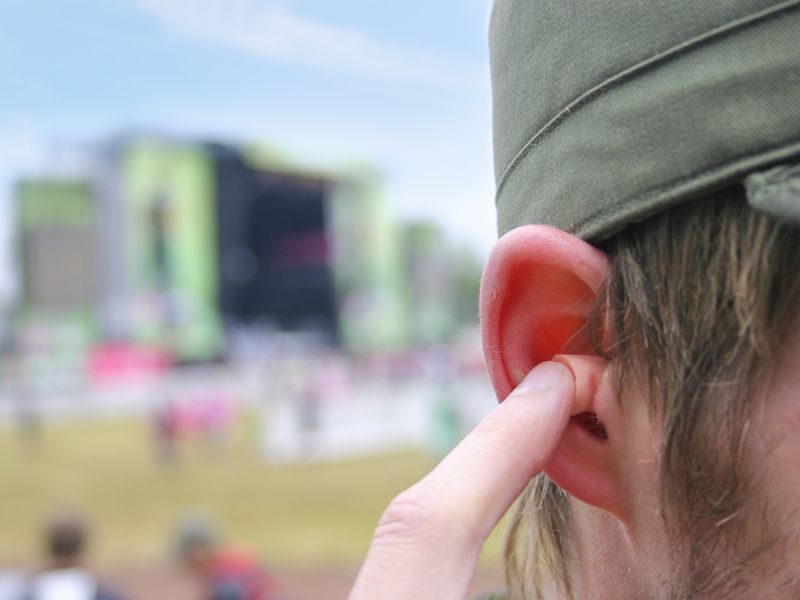
Earplugs can be practical if you’re exposed to loud noises, like, something as simple as a snoring spouse, or a lawnmower in your backyard, or going to an arena to see a concert. Turning down the volume is the way earplugs help in the first two situations. They assist in saving your sanity and possibly even your relationships, in the last case, by enabling you to get a good night’s sleep. But are your ears being harmed by these protectors?
Why Use Earplugs in The First Place?
It’s a pretty simple case for using earplugs: When used properly, earplugs can help to safeguard your ears by reducing your exposure to extreme decibel levels. Maybe you’ve noticed that your hearing sounds different when you leave a loud venue, for instance, a football game with a noisy crowd, and you might also experience symptoms of tinnitus. Those little hairs are bent by this type of noise exposure and that’s why this happens. In a day or two, when the hairs have recovered, it generally goes back to normal.
But in many instances, there is a constant assault on those little hairs, especially if you work in a high volume industry like the music business or around jet planes. As opposed to recovering after bending, the cells are permanently injured. There are just about 16,000 of those little cells inside each cochlea, but up to 50% of them can be damaged or destroyed before your hearing has changed enough for the problem to show up in a hearing test.
Is it Possible That Your Hearing Could be Harmed by Earplugs?
With all that, you’d think that using earplugs would be a no-brainer in terms of protecting your ears. But particularly if you’re in scenarios where you’re exposed to loud noises all the time (like on the job or when your spouse snores as mentioned), over-the-head earmuffs or noise-reducing (but not completely stopping) headphones are a smarter option. Earplugs aren’t the best choice for day to day use but are better suited to one time events such as a concert or sporting events.
Why? The first problem is, earwax. In order to protect themselves, your ears produce earwax, and if you’re constantly wearing earplugs, more earwax will be generated, and you probably will push it in with the plugs. This can cause issues such as impacted earwax, which can trigger tinnitus and other hearing concerns.
Ear infections can be another problem for those who use earplugs. If you frequently use the same pair, and you don’t clean them properly between uses, they can become bacteria traps. Ear infections are, at the very least, a painful annoyance. But at the negative end of the spectrum, they can also cause a loss of hearing if left untreated.
How Can You Use Earplugs Safely?
Whether it’s a good night sleep or protecting your hearing, there’s still a strong upside to using earplugs. You just have to be sure you’re using the proper kind and using them the correct way. The porous material of foam earplugs is a germ paradise so it’s a good thing that they are the least costly. Wax or silicone earplugs are reusable, but you need to keep them sanitized, wash them with warm water and mild soap to cleanse them, and you shouldn’t put them back in your ears until they’re thoroughly dry. It’s also a good idea to store earplugs in a well ventilated place to prevent moisture, or worse, bacteria or mold, from building up.
You might want to talk to us about custom fit earplugs if you need or want them frequently. These are constructed from unique molds of your ears, they’re reusable and since they’re fitted to your ears, comfortable. But it’s essential not to forget, smart earplug hygiene can stop hearing damage.

